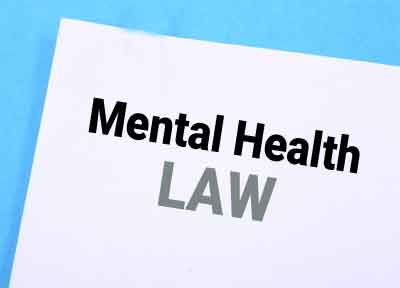- Home
- Medical news & Guidelines
- Anesthesiology
- Cardiology and CTVS
- Critical Care
- Dentistry
- Dermatology
- Diabetes and Endocrinology
- ENT
- Gastroenterology
- Medicine
- Nephrology
- Neurology
- Obstretics-Gynaecology
- Oncology
- Ophthalmology
- Orthopaedics
- Pediatrics-Neonatology
- Psychiatry
- Pulmonology
- Radiology
- Surgery
- Urology
- Laboratory Medicine
- Diet
- Nursing
- Paramedical
- Physiotherapy
- Health news
- Fact Check
- Bone Health Fact Check
- Brain Health Fact Check
- Cancer Related Fact Check
- Child Care Fact Check
- Dental and oral health fact check
- Diabetes and metabolic health fact check
- Diet and Nutrition Fact Check
- Eye and ENT Care Fact Check
- Fitness fact check
- Gut health fact check
- Heart health fact check
- Kidney health fact check
- Medical education fact check
- Men's health fact check
- Respiratory fact check
- Skin and hair care fact check
- Vaccine and Immunization fact check
- Women's health fact check
- AYUSH
- State News
- Andaman and Nicobar Islands
- Andhra Pradesh
- Arunachal Pradesh
- Assam
- Bihar
- Chandigarh
- Chattisgarh
- Dadra and Nagar Haveli
- Daman and Diu
- Delhi
- Goa
- Gujarat
- Haryana
- Himachal Pradesh
- Jammu & Kashmir
- Jharkhand
- Karnataka
- Kerala
- Ladakh
- Lakshadweep
- Madhya Pradesh
- Maharashtra
- Manipur
- Meghalaya
- Mizoram
- Nagaland
- Odisha
- Puducherry
- Punjab
- Rajasthan
- Sikkim
- Tamil Nadu
- Telangana
- Tripura
- Uttar Pradesh
- Uttrakhand
- West Bengal
- Medical Education
- Industry
Suicide attempt by mentally ill people not punishable: New law

New Delhi: Attempts to commit suicide by a mentally ill person will not be punishable under a new law that has got assent from President Pranab Mukherjee.
The law also prohibits use of electro-convulsive therapy, referred to as shock therapy, without the use of muscle relaxants and anaesthesia on a patient suffering from mental illness.
Besides this, such patients cannot be chained in any manner as per the Mental Health Care Act, 2017 that got nod from the President.
The law aims to provide mental healthcare and services to persons with mental illness and to protect their rights.
"Notwithstanding anything contained in section 309 of the Indian Penal Code (IPC) any person who attempts to commit suicide shall be presumed, unless proved otherwise, to have severe stress and shall not be tried and punished under the said Code," it reads.
The IPC section lays down punishment, simple imprisonment for a term which may extend to one year (with or without fine), for whoever attempts to commit suicide.
The appropriate government (the Centre or state) shall have a duty to provide care, treatment and rehabilitation to a person, having severe stress and who attempted to commit suicide, to reduce the risk of recurrence of attempt to commit suicide, the Act says.
The new law bars use of electro-convulsive therapy without the use of muscle relaxants and anaesthesia; electro- convulsive therapy for minors, and sterilisation of men or women, when such sterilisation is intended as a treatment for mental illness.
It also says that the person with mental illness shall not be "chained in any manner or form whatsoever".
The law provides provision for medical insurance for the treatment of mental illness.
"Every insurer shall make provision for medical insurance for treatment of mental illness on the same basis as is available for treatment of physical illness," the Act says.
The new law, which repeals the Mental Health Act, 1987, has been enacted to align and harmonise existing laws with a United Nations Convention on Rights of Persons with Disabilities and its Optional Protocol. India has signed and ratified the Convention.
Psychiatrists have welcomed most of the provisions of the new law.
"The new mental healthcare act decriminalises attempt to suicide by a mentally ill person besides prohibiting doctors from using shock therapy. This is a welcome step and will go a long way in providing medical healthcare to people with mental illnesses," said Satyakant Trivedi, Consultant Psychiatrist.


